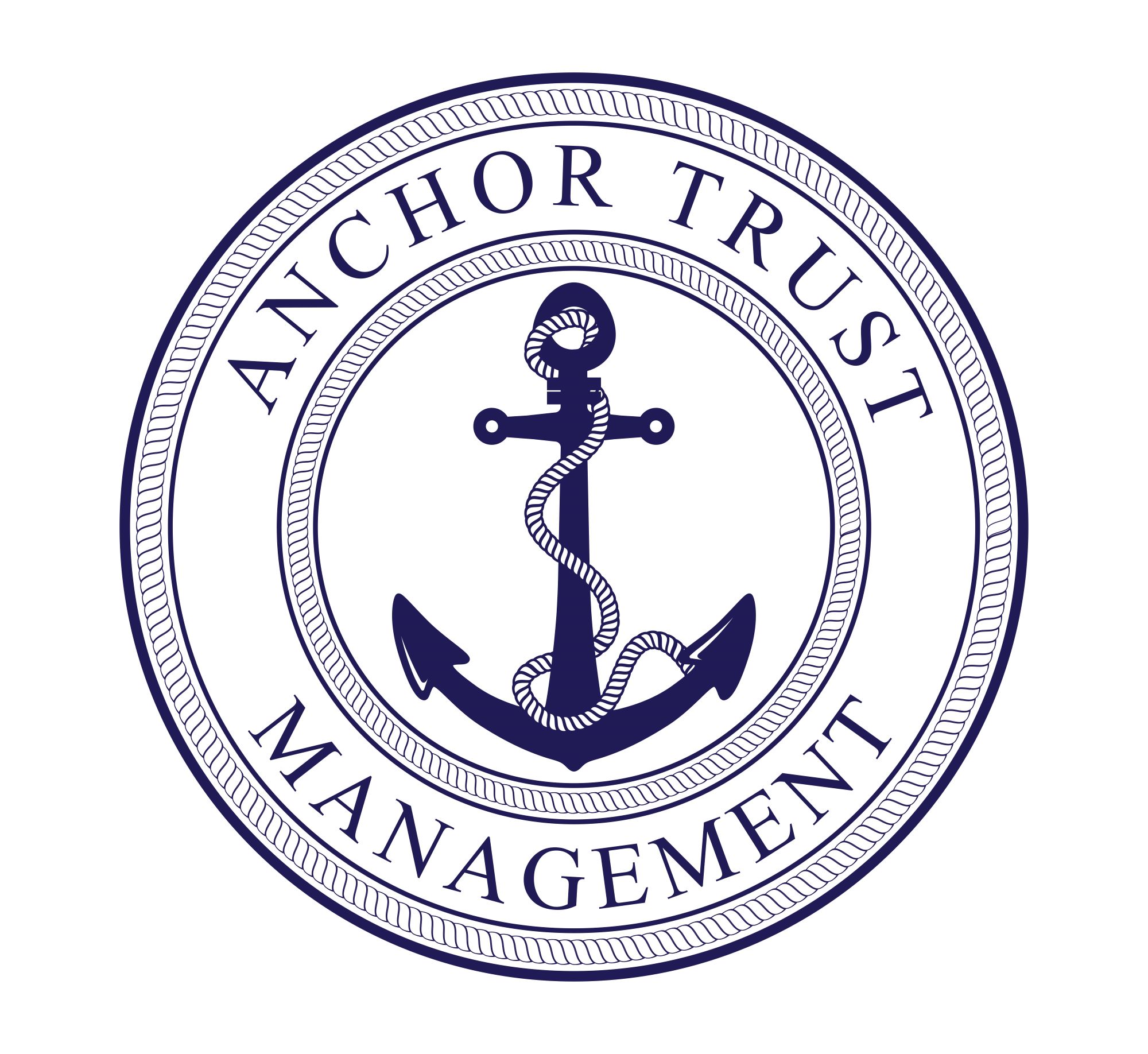In Florida, anyone over 18 years old and of sound mind can create a will. We’ll review the reasons to create a will, regardless of how many assets you own, plus additional documents to consider.
Wills Are Important at Any Age
If you haven’t yet created a will or trust, you’re not alone. Studies consistently show that only about half of American adults have an estate plan. A 2020 Gallup poll found that 46% of Americans had a will, and 45% had a living will (more on living wills in a bit). Amongst those who had created a will, here’s the breakdown in age groups:
- 65+: 76%
- 50-64: 53%
- 30-49: 36%
- 18-29: 20%
There are many reasons why individuals delay creating an estate plan. Firstly, the thought of dying is uncomfortable or frightening for many, and a will is something they’d rather not dwell on. Some may feel that they haven’t yet acquired enough wealth, while others assume their loved ones will understand their wishes after they pass away. However, having these conversations with an experienced estate attorney can bring confidence and peace of mind, should the unexpected occur.
Reasons To Create a Will
Estate planning documents are critical at any age or stage of life. Through a will or trust you can allocate how your finances will be distributed to your loved ones, designate guardians for children and pets, create directives for your business, or donate to charities that are important to you.
And motivation for estate planning doesn’t always have to include hefty 401Ks or lots of real estate. After you die, what would you want to give to your best friend? Who will take care of your dog? Do you want your social media accounts deleted, or memorialized? If you work in creative fields like writing, art, or design, what should happen to your personal works? These are all details that can be addressed through estate planning.
If you pass away without a will, you will be considered by the law to have died intestate. Your belongings and finances will then be distributed according to Florida’s intestacy laws – and that may mean that your assets and digital life may not be managed how you’d wish.
Remember, you can always add to your will as you get older. But even if you don’t yet feel ready to create a will or trust, there are documents that can help protect you throughout your life. These are known as advance care directives.
Advance Care Directives Help Take Care of You Now
Advance care directives can be created independently from a will or trust, and they offer protections for you should you find yourself unable to make your own decisions. Here are a few examples:
- Living will: A living will is called so because it comes into effect while you are alive. It declares the kinds of medical treatments and procedures you do or do not want, should you become incapacitated.
- Healthcare surrogate: A healthcare surrogate document designates an individual as your medical advocate, should you become unable to make decisions for yourself. This individual will gain access to your medical records and be able to speak on your behalf with healthcare professionals. This is most often combined with the living will above into one complete document.
- Power of attorney (POA): A power of attorney can act on your behalf in almost any forum, including financial decisions made on your behalf. There are several types of POA documents you can create. Some may be more limited to specific situations or for specific transactions, while others may be broad in scope and flexibility.
When it comes to estate planning, it’s not all about age or assets. It’s about being proactive with your health, safeguarding your legacy, and ensuring your loved ones receive all you’d wish for them after your death. We’re here for you when you’re ready to begin.


